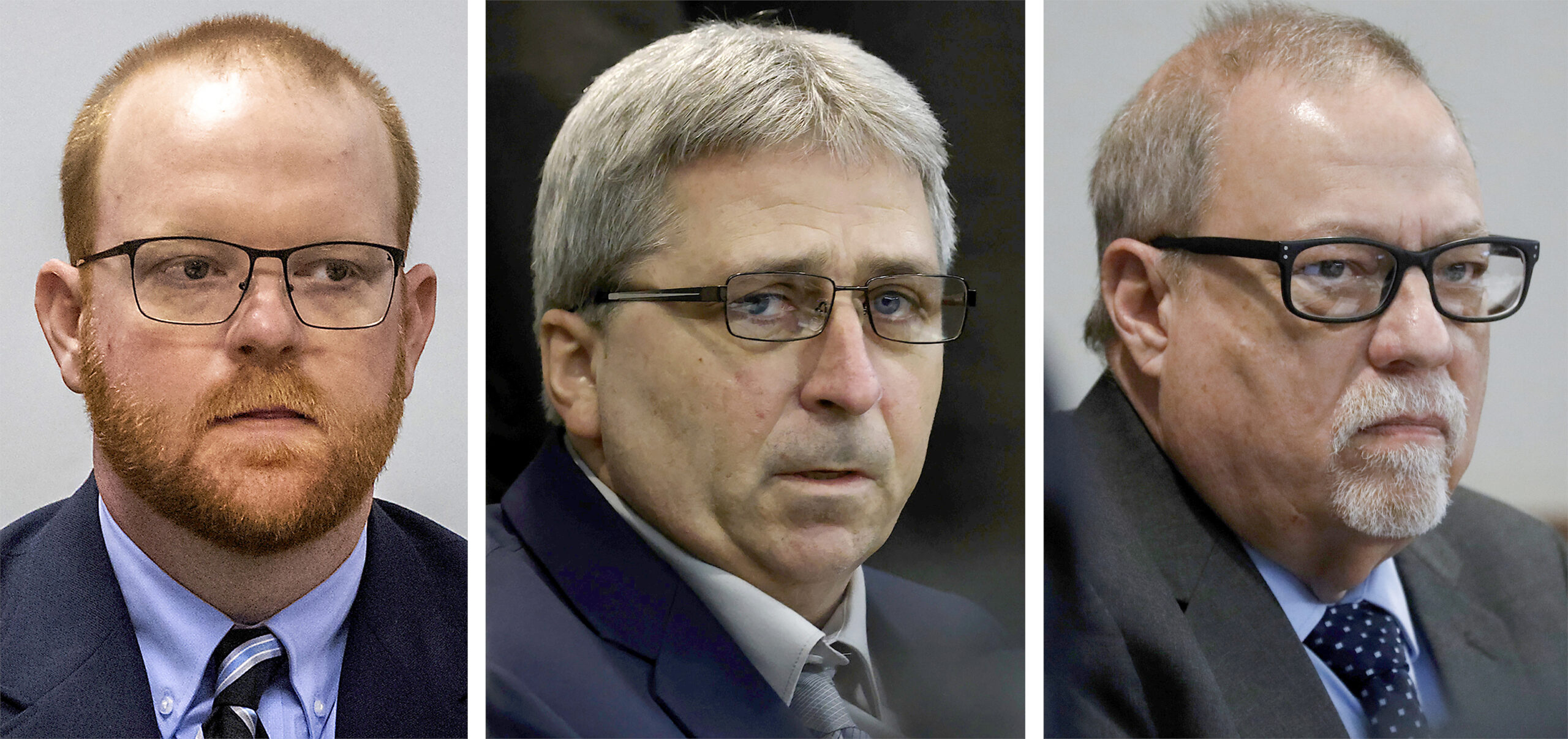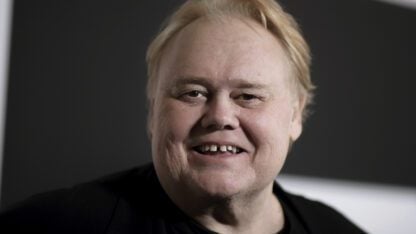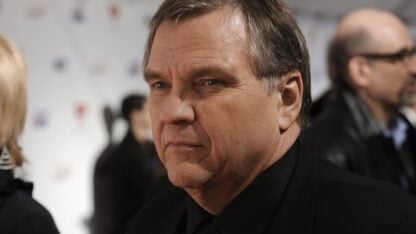Boy Scouts Affirm Gay Exclusion: A Talk with Licensed Professional Counselor Tana Hall
This week, the Boy Scouts of America, after a two-year review, decided to keep its policy, excluding gay Scouts and gay Scout leaders. Atlanta is home both to a large gay community, and to a major Boy Scout Council. Despite the national organization’s policy, many young gay men still want to be part of the Scouts, and many local Scouting groups quietly include gay members and leaders–at least according to Tana Hall. She is a licensed professional counselor who works with gay and lesbian youth. Hall spoke with WABE’s Denis O’Hayer.
Denis O’Hayer: Tana Hall, welcome. Good to have you.
Tana Hall: Thanks, Denis.
O’Hayer: In your practice recently, have you run into lots of kids who, even though the Scouts, for quite a long time now, have had a very public stance and been quite controversial about their policy, kids who still want to be a part of the Scouting experience?
Hall: In the recent past, I’ve had young adults who have been a part of the Scouting system since the policy was in effect who were pretty dismayed about it. Particularly those young adults who were in the Eagle Scouts programming, who had stuck with it for a long, long, time, and finally came into their own as young adults in recognizing their sexual orientation. That definitely upset them. It also wasn’t something that was a part of their Scouting experience, though.
O’Hayer: The irony is that once you’re in Scouting, this isn’t a key part of what happens to kids in Scouting. They don’t get talked to a lot about gender identification issues at all.
Hall: No, or sexual orientation issues, which are different. My understanding, not having been a Boy Scout, is that it’s certainly not a part of their lessons, if you will. It’s about knot-tying and fire-building and being a good steward of the mission and, hopefully, of the earth. The young men that I’ve talked to about it—it just felt bad to them knowing that as a policy, a national policy, that an organization that they were very much involved in and invested in throughout their childhood and then into their early adulthood, would just blanket statement this. And it, you know, felt like they couldn’t be themselves. A couple of the boys that come to my mind stayed and finished their Eagle Scouting. They were disheartened by it. It was very much a “Why are they doing this? It has nothing to do with anything of the Boy Scouts.”
O’Hayer: Once they were out of the organization, did they look back and say, “Well, I regret being part of it,” or did they have really mixed feelings, that disappointment that you mentioned, and at the same time, “Well, I got something valuable out of this”?
Hall: I think it’s more the latter, that they had gotten something out of it and were just disappointed that the organization would make a statement. So for them, it was like, oh, all of a sudden, they’re just gonna come out and make a statement: no gays, no Scouts who are gay, no gay leaders, whatsoever. That’s the sentiment that I got from the boys that I had known were in Scouting.
O’Hayer: Were any of them picked on or bullied because people either knew they were gay or thought they were?
Hall: No, most of the boys who were in the Scouts for as long as some of the kids that I got to work with—as, again, later, adolescent young adults—I would say they were not a stereotype of a gay man, which unfortunately still exists as being more effeminate, girly in some way. But most of the clients that I had worked with that had been in the Scouts were not of that stereotype. Which, again, certainly is not the experience of all gay men or lesbians or trans people, of course. The stereotype needs to be shaken. And I think that’s one other really unfortunate thing, is, unfortunately, society is still hanging on to this myth that gay men are somehow pedophiles and/or will hit on young boys. And that’s just a myth. There’s no research to base that on. And it’s an unfortunate social stereotype and myth that I think the Boy Scouts are hanging on to. For a large, national organization that’s been around so long and has done a wonderful service to boys, it’s a real shame that they’re going to allow that kind of stereotype and myth to set policy for them.
O’Hayer: Let’s say a kid comes to you and says, “Hey, I’m really having a wonderful experience in Scouting other than feeling like I can’t be myself”—which is huge! Is there any way that you could say, “Well, maybe you can stick it out or maybe you can effect change within the organization”?
Hall: I would talk to the person and meet them where they were most comfortable. If they wanted to try to effect change with inside the organization, I would absolutely support them and talk to them about how to do that most effectively using good communication skills, going to the proper channels. Here’s the thing, many local chapters of Cub Scouts, of which, you know, I have friends that are involved who are gay men and lesbian women who are adult leaders within these organizations—Cub Scouts, Girl Scouts, other organizations—that at a local level, their kids are in their troops, and they’re doing fine. The people that are involved in their troops know that they’re gay or lesbian. At a local level and in a metro Atlanta setting, people are fine with it. And that’s the way, I think, Scouting has always worked, is that local people, individual mothers and fathers and concerned, caring adults, are the ones that carry out those missions and those wonderful experienced that Scouting has. And those are the people that are affecting the individual lives of their children and their friends’ children. And those people, at a local level, often don’t have a problem with it. For me that speaks volumes, like why Boy Scouts wants to talk down this policy is detrimental to the organization really, totally. And as an organization, if more people start to be like, “You know what, we’re going to start our own organization,” the Boy Scouts are going to be left behind as a dinosaur organization. This is the 21st century, and as I like to say, “The gay train has left the station.” Gay marriage is going to happen at some point. Civil rights and equality is going to happen. Organizations are going to recognize that individuals are people, and sexual orientation does not change individual people, goodness, kindness, or their behavior towards children.
O’Hayer: Tana Hall is a licensed professional counselor who works with LGBT youth. Tana Hall, thanks very much for being with us. We appreciate it.
Hall: Thanks for calling me, Denis.
O’Hayer: We contacted the Atlanta area Council of the Boy Scouts, which referred us to the national office, which in turn declined our interview request. But it did send a statement, which reads, in part: “Scouting believes that good people can personally disagree on this topic and still work together to achieve the life-changing benefits to youth through Scouting. While not all board members may personally agree with this policy and may choose a different direction for their own organizations, BSA leadership agrees this is the best policy for the organization and supports it for the BSA.”







